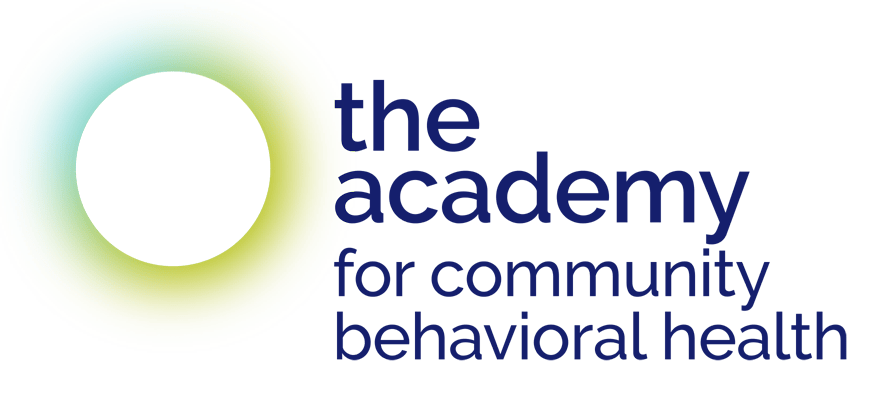All Scheduled Dates
None scheduled at this time
Course Type
Brief Learning Series
Course Length
75 minutes
QUESTIONS?
Email [email protected]
ATTENDANCE POLICY
Learners who complete this course will receive a certificate of completion from the Academy.
Learners who complete all five courses in the Series: Tools for Coping with Stress and Trauma will receive a certificate of completion for the series.
Preventing and Managing PTSD
DESCRIPTION
Stressful events and exposure to trauma are common experiences that bring significant challenges. The process of recovering from stress or trauma can look different for everyone. For some people, these events may lead to ongoing fears, unsettling dreams and memories, feeling jumpy or agitated, or other symptoms. Given the profound changes we have experienced during and after COVID-19, stress we might regularly encounter in our work, and other mass traumas, many of us will temporarily experience some of these feelings, whereas others might feel them longer, reflecting a type of posttraumatic stress reaction. We will share an overview of what posttraumatic stress is and how we can care for ourselves if we experience these challenges.
COURSE OBJECTIVES
Participants will:
- Review risk factors for PTSD and possible interventions
- Discuss assessments used to diagnose PTSD
- Explore behaviors associated with PTSD and current treatment options
- Recognize the impact of secondary trauma and discuss ways to provide care for themselves and colleagues
LEARNING PATH
This course is part of a Series: Tools for Coping with Stress and Trauma. Learners are invited to register for one or more of the five courses in this series:
- Managing Stress and Building Resilience
- Managing Perceptions of Control
- Journaling to Manage Stress and Build Resilience
- Chronic Pain and Mental Health
- Preventing and Managing PTSD
Those who complete all five courses will receive a certificate of completion for the series.
WHAT TO EXPECT
This course will include presentation as well as opportunities to participate and discuss the tools presented.
ELIGIBILITY
This course is open to staff of any non-profit community organization or government agency that delivers social services in NYC.
INSTRUCTORS

